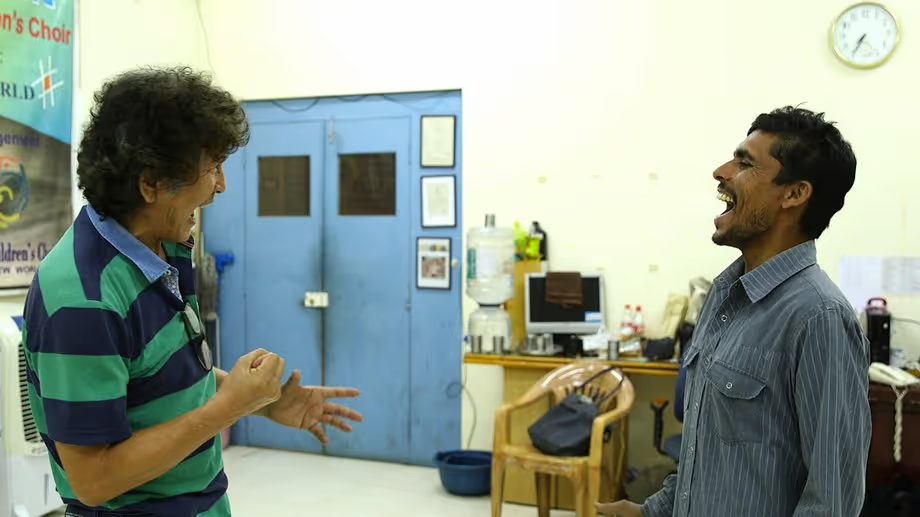Singing with Angry Bird Delve Deeper Reading List Adult Fiction
Adult Fiction

Amin, Manisha Jolie. Dancing to the Flute. New York: Atria Books, 2013.
Rich in texture and atmosphere, Dancing to the Flute is a heartwarming story of a community’s joys and sorrows, the transformative powers of music, the many faces of friendship, and a boy’s journey, against all odds, to become a man.
Galloway, Steven. The Cellist of Sarajevo. New York: Penguin Group USA, 2009.
In a city under siege, four people whose lives have been upended are ultimately reminded of what it is to be human. From his window, a musician sees twenty-two of his friends and neighbors waiting in a breadline. Then, in a flash, they are killed by a mortar attack. In an act of defiance, the man picks up his cello and decides to play at the site of the shelling for twenty-two days, honoring their memory. Elsewhere, a young man leaves home to collect drinking water for his family and, in the face of danger, must weigh the value of generosity against selfish survivalism. A third man, older, sets off in search of bread and distraction and instead runs into a long-ago friend who reminds him of the city he thought he had lost, and the man he once was. As both men are drawn into the orbit of cello music, a fourth character—a young woman, a sniper—holds the fate of the cellist in her hands. As she protects him with her life, her own army prepares to challenge the kind of person she has become. A novel of great intensity and power, and inspired by a true story, The Cellist of Sarajevo poignantly explores how war can change one’s definition of humanity, the effect of music on our emotional endurance, and how a romance with the rituals of daily life can itself be a form of resistance.
Powers, Richard. The Time of our Singing. New York: Farrar, Straus and Giroux, 2004.
On Easter day, 1939, at Marian Anderson’s epochal concert on the Washington Mall, David Strom, a German Jewish émigré scientist, meets Delia Daley, a young Philadelphia Negro studying to be a singer. Their mutual love of music draws them together, and—against all odds and better judgment—they marry. They vow to raise their children beyond time, beyond identity, steeped only in song. Jonah, Joseph, and Ruth grow up, however, during the Civil Rights era, coming of age in the violent 1960s, and living out adulthood in the racially retrenched late century. Jonah, the eldest, “whose voice could make heads of state repent,” follows a life in his parents’ beloved classical music. Ruth, the youngest, devotes herself to community activism and repudiates the white culture her brother represents. Joseph, the middle child and the narrator of this generation-bridging tale, struggles to find himself and remain connected to them both.

